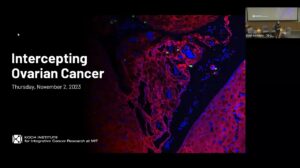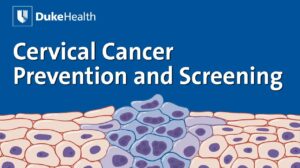NEW YORK (Reuters Health) – Successful outcomes of intracytoplasmic sperm injection (ICSI) are statistically the same whether the sperm used is testicular or epididymal in origin, and whether it’s freshly obtained or thawed from a frozen sample.
That’s according to findings reported in BJU International online September 21 by Dr. Jas Kalsi with the University College London Hospitals NHS Foundation Trust, UK and colleagues.
To investigate the effect of cryopreservation on ICSI outcomes, the team examined the records of 493 patients undergoing a first ICSI procedure. Fresh testicular sperm (FTS) was used in 112 cases, frozen-thawed testicular sperm (FTTS) in 43, fresh epididymal sperm (FES) in 279 instances, and frozen-thawed epididymal sperm (FTES) in 59.
“Analysis of the data showed no significant differences between any of the four groups in the fertilization rate, pregnancy rate or delivery rate (p>0.05),” according to the report.
For example, the live birth rate was 29.5% with FTS, 39.5% with FTTS, 35.4% with FES, and 30.5% with FTES (p=0.32).
Despite the fact that sperm can be damaged during cryopreservation, in the current study a subgroup analysis favored frozen sperm over fresh sperm in terms of fertilization rates and pregnancy rates.
The authors suggest that the advantage of frozen sperm in the ICSI process for male infertility, in which individual sperm are retrieved microscopically, may be partially explained “by an inherent bias to freeze only sperm with good characteristics that might survive the freeze-thaw cycle.”
They also point out the use of frozen sperm has several advantages. It obviates the need for repeated surgical sperm retrieval procedures timed to oocyte retrieval, and having frozen sperm available allows for more effective treatment planning. This in turn could reduce costs “and increase the probability of conception in couples with infertility secondary to azoospermia.”
Reference:
Analysis of the outcome of intracytoplasmic sperm injection using fresh or frozen sperm
BJU Int 2010.




